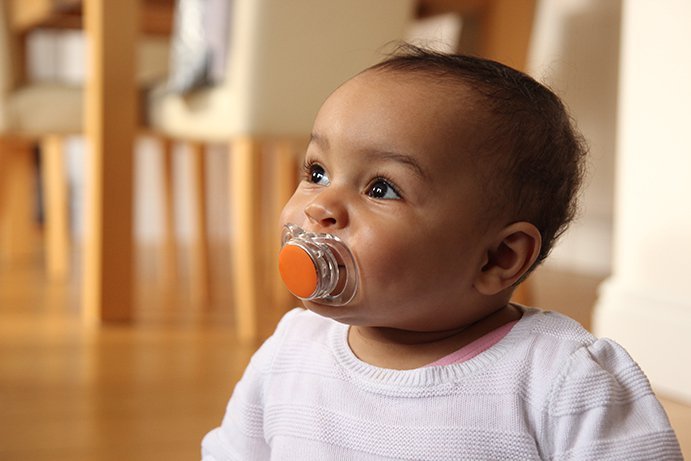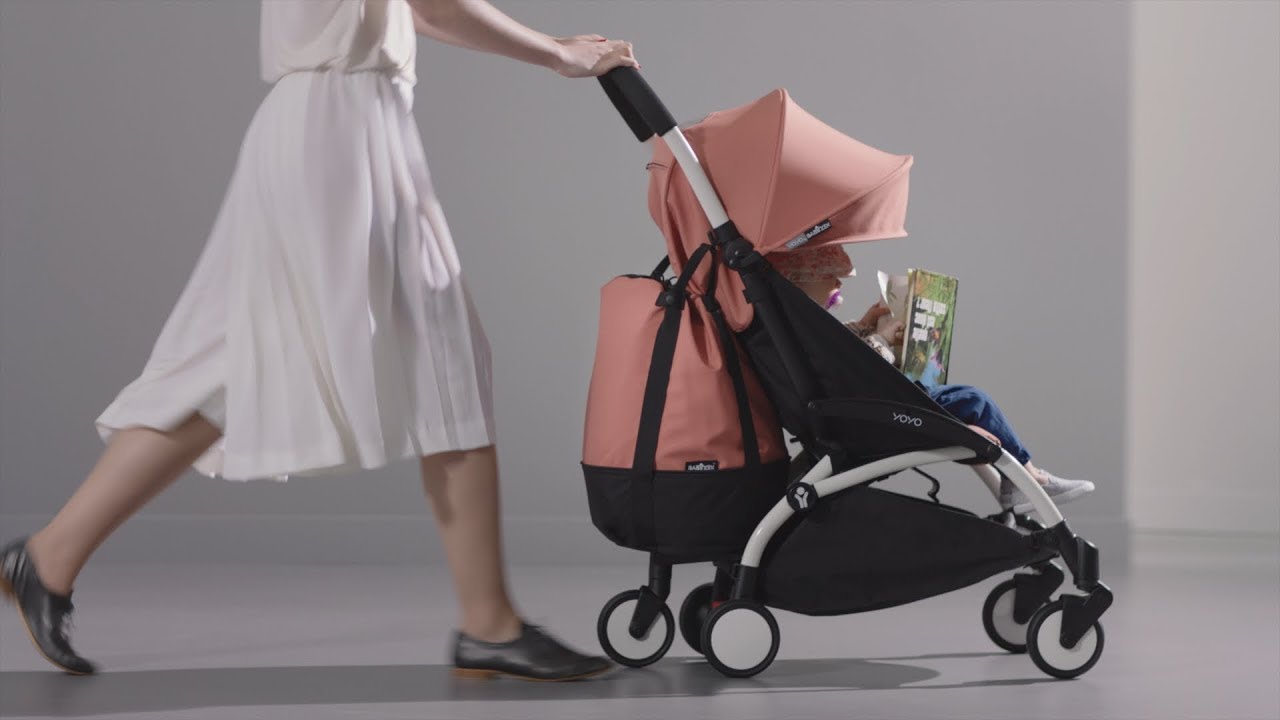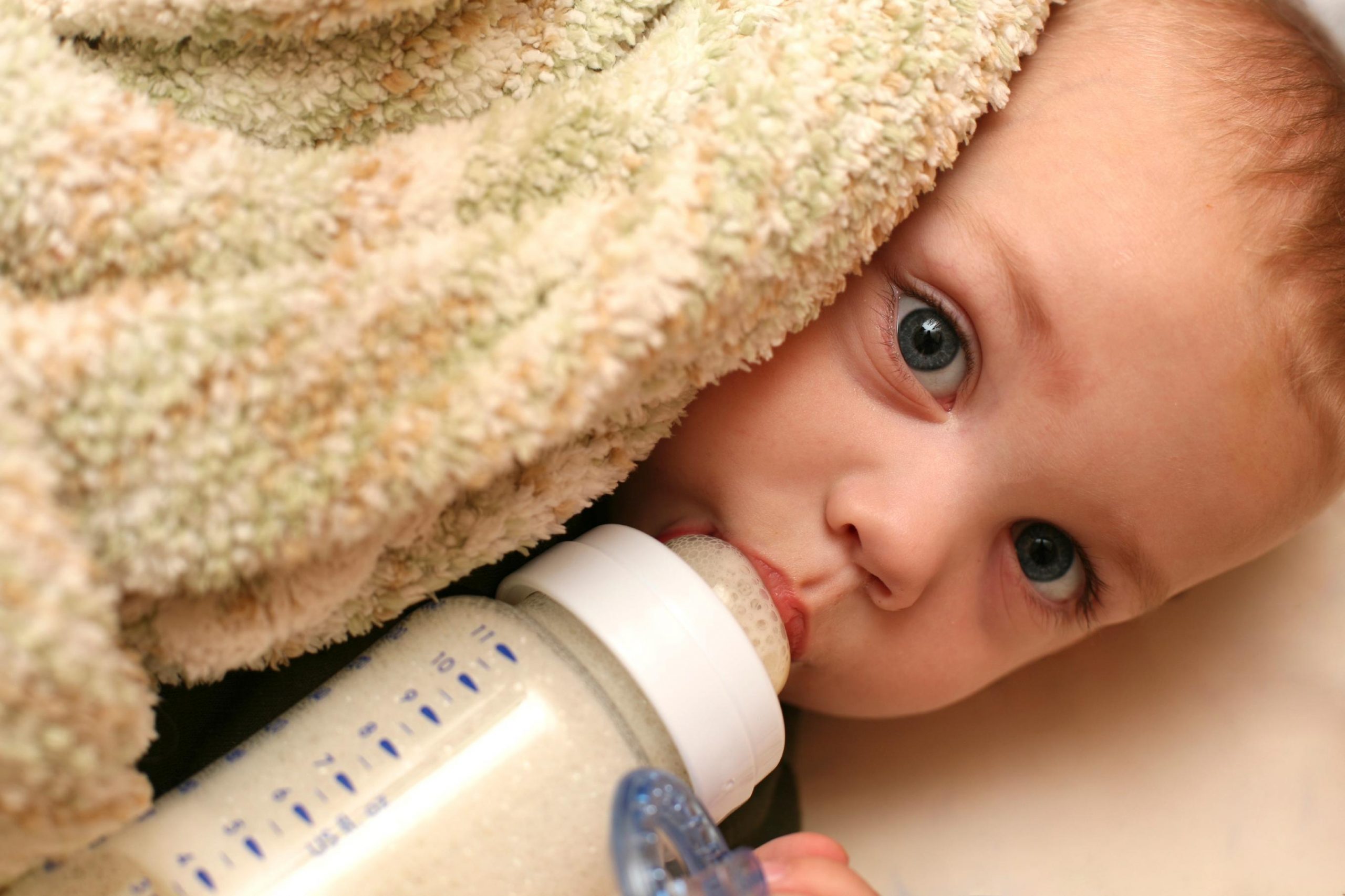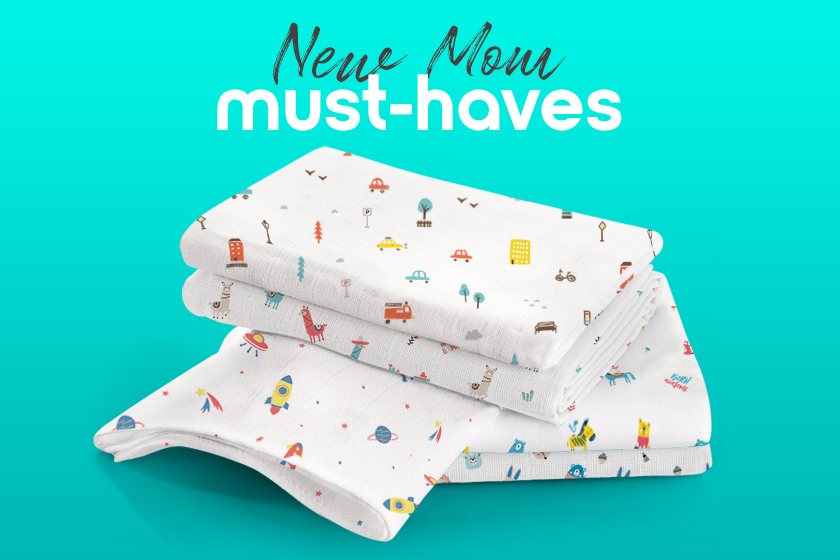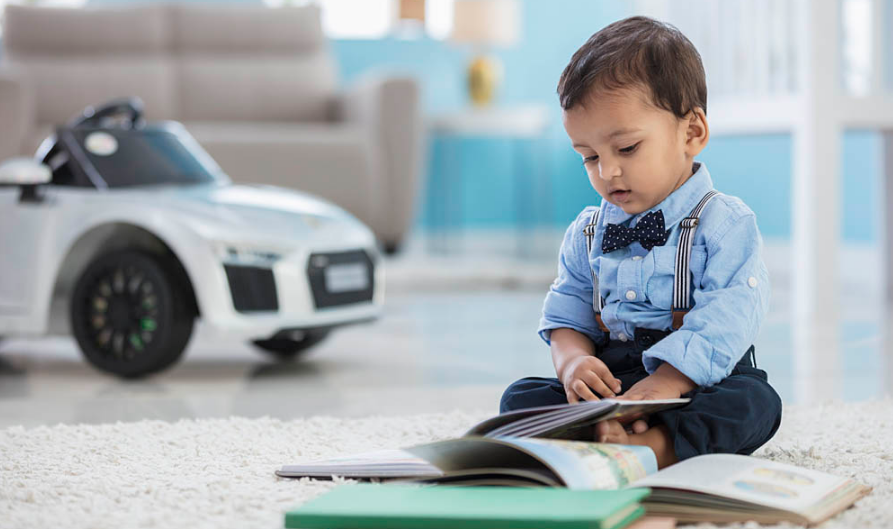When we brought my older son home from the hospital the first few days were actually really calm. Yes, we were both adjusting to a new normal and both of us were up at all times in the day and night, a lot.
But a couple of months down the line, when we had established a comfortable breastfeeding routine, I noticed that my son had a very strong sucking reflex. He would often move his fingers to his mouth to suck on them. Initially, I thought he was hungry and tried feeding him. But that wasn’t it. He was also fussing after feeding and burping and no amount of cuddling was enough.
By the way, once your baby turns 6 months old you’re going to need this!
Sign up here to receive a FREE Guide on how to kickstart your baby’s food journey.
That’s when we thought of introducing him to the pacifier. Now, a pacifier calms him down, he is less fussy and we have established that a pacifier will be given to him when it is time to nap or sleep. And all of nine months, he understands that.
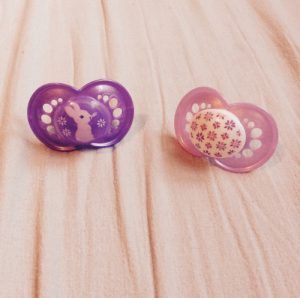
If you are wondering about whether you should or shouldn’t introduce a pacifier to your child then we list the pros and cons to help you choose, myths and points you need to remember if you go the pacifier route.
Pros to using a pacifier
- Easier to kick the pacifier habit: Children have a strong sucking reflex and if you don’t offer a pacifier they will eventually realise that they can suck their thumb! Now imagine trying to kick the thumb-sucking habit a year down the line. You can dispose of a pacifier, what will you do to the thumb?
- Pacifier comfort and soothe: If you want your baby to shift gears and calm down when it is closer to nap time, pacifiers will actually do the trick.
- Pacifier use and SIDS: Studies have shown that babies that use pacifiers at bedtime or naptime have a significantly lower risk of Sudden Infant Death Syndrome happening.
Cons to using a pacifier
- Nipple confusion: Doctors advise not to start your baby too early on pacifiers, i.e. at least not until the baby has established a comfortable feeding cycle. Starting the pacifier early will lead to nipple confusion and interfere will successful breastfeeding.
- Ear infections: Studies show that sucking on a pacifier for extended periods of time increases the chances of babies getting an ear infection.
- Kicking the habit: If your baby begins to really depend on the pacifier then taking it away is another job on the radar for parents. Think long-term.
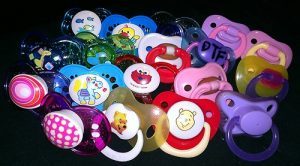
Myths about using a pacifier:
Though giving their kids a pacifier is very common in the West, most Indian parents shy away from it because they believe pacifier usage will lead to deformed teeth. This is a myth. Permanent teeth do not come in before six years of age and that is way too long for any child to still be using a pacifier.
Important points to remember:
- Always check with your paediatrician before you take a decision. If your child is prone to getting ear infections or doesn’t show signs of weight gain even though you are nursing, then it is best to avoid the pacifier for the moment.
- Never give the pacifier to stave away hunger. That is a dangerous precedent.
- Babies need lots of cuddling and comforting. So if your baby is fussy, try cuddling him, walking with him in your arms, or even softly singing to him before you offer the pacifier.
View this post on Instagram

